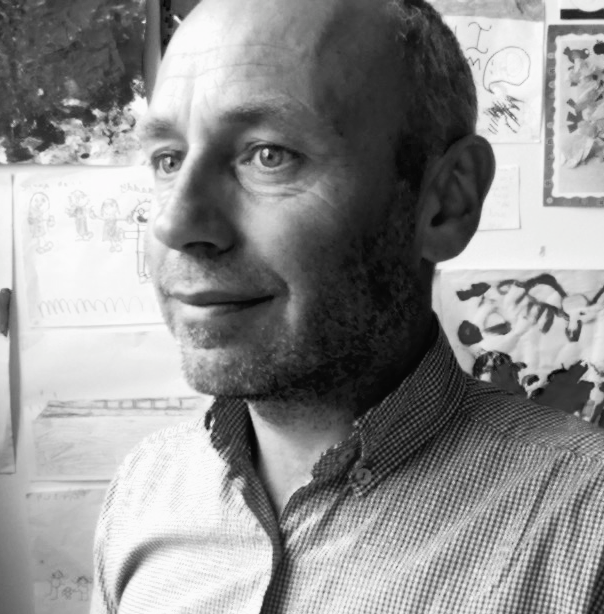Senior lecturer, School of Humanities Andy Knott examines the question on The Conversation. Continue reading “What is populism?”
Tag: The Conversation
Will Trump’s withdrawal from the Paris climate agreement backfire?
Following President Trump’s withdrawal from the Paris climate agreement, School of Applied Social Science, Principal Lecturer and Social Psychologist, Dr Matthew Adams shares his view in an article for The Conversation.
This time he gives his view on whether ‘Trump’s climate policy may backfire, as he unwittingly plays an old psychologists’ trick’.
The great debate of denying climate change?
You may recall a couple of months ago, we blogged about Dr Matthew Adams, Principal Lecturer in Psychology, view on BBC comedy documentary ‘Carnage‘ that appeared in The Conversation. In the article he posed the question of whether a futuristic vegan utopian world where animals live as equals, could really happen? Continue reading “The great debate of denying climate change?”
Imagine a world 50 years from now – that no longer consumes animals or their by-products…
This sounds like the start of a campaign to persuade you to give up your daily McDonald’s and to start growing your own veg! However, not quite. Continue reading “Imagine a world 50 years from now – that no longer consumes animals or their by-products…”
Can technology provide ‘care’ for older people?
In the past, to a much older generation, it could be said that technology was perceived as ‘something to keep up with’ and that is more ‘inconvenient’ than convenient. Continue reading “Can technology provide ‘care’ for older people?”
Shocking survey shows that 75% of police agree with carrying a taser
With over 8000 Metropolitan Police stating in a recent survey that they should be allowed to carry a taser, this has become a hot topic for debate.
Professor Peter Squires, of Criminology and Public Policy at the University of Brighton, speaks to The Conversation about the lessons learnt from countries where police carry weapons, and what the research and evidence show so far.
What do you think? Read the full article here and let us have your feedback on whether police carrying tasers is a good idea.
Explainer: why the Supreme Court ruled against joint enterprise
Peter Squires, University of Brighton
Hundreds of convictions may need to be re-examined after a landmark Supreme Court judgement found that a man found guilty of murder under the controversial “joint enterprise” principle should have his murder conviction quashed.
The man, Ameen Jogee, was convicted after the jury in his original trial believed him guilty of encouraging the killer, Mohammed Hirsi, who actually struck the fatal blow – even though Jogee was outside the building when the murder occurred. Continue reading “Explainer: why the Supreme Court ruled against joint enterprise”
A political movement is rising from the mud in Calais
Raphael Schlembach, University of Brighton
Since the official refugee reception centre in the French town of Calais closed in 2002, undocumented migrants hoping to cross the Channel to Britain have found shelter in a number of squatted migrant camps, locally known as “the jungles”.
Consisting largely of tents and self-built shacks, the two largest in Calais and Dunkirk now have some 8,000 residents between them. Many are refugees fleeing conflict in Syria, Afghanistan, Iraq and Sudan and surviving in extremely poor living conditions. Continue reading “A political movement is rising from the mud in Calais”
Obama’s bold move against guns proves the politics of firearms really is changing
Peter Squires, University of Brighton
It’s common in the US to refer to a second-term president in his final year as a “lame duck”, his time limited, his momentum gone, and his political capital ebbing away to whoever’s next in line for the White House. But, not for the first time, Barack Obama has surprised and confounded his critics.
Deeply frustrated by the failure of his package of “sensible gun controls” to secure enough votes in the Senate back in April 2013, he has now announced a series of executive control measures as a way of delivering on key gun control commitments, re-energising the debate and doing so in a way that may favour the Democratic cause in a presidential election year. Continue reading “Obama’s bold move against guns proves the politics of firearms really is changing”





